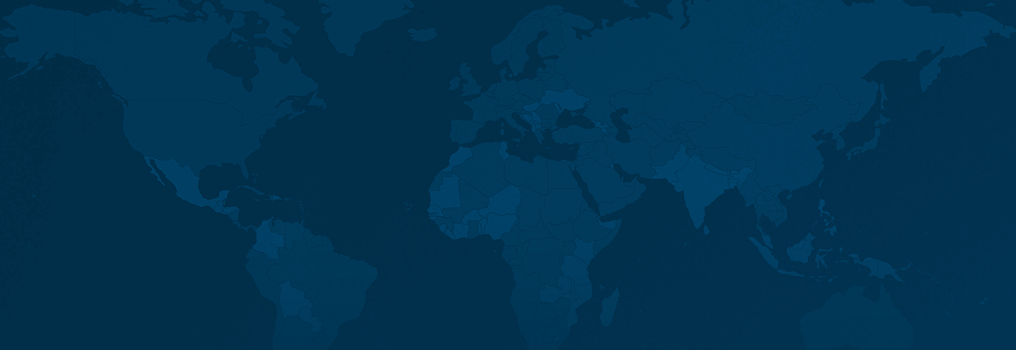


Nicaragua
The 2006 election of Sandinista leader Daniel Ortega began a period of democratic deterioration in Nicaragua marked by the consolidation of all branches of government under his party’s control, the limitation of fundamental freedoms, and unchecked corruption in government.
Research & Recommendations
Nicaragua
| PR Political Rights | 4 40 |
| CL Civil Liberties | 12 60 |
Overview
The 2006 election of Sandinista leader Daniel Ortega began a period of democratic deterioration marked by the consolidation of all branches of government under his party’s control, the limitation of fundamental freedoms, and unchecked corruption in government. In 2018, state forces, with the aid of informally allied armed groups, responded to a mass antigovernment movement with violence and repression. The rule of law collapsed as the government moved to put down the movement, with rights monitors reporting killings, extrajudicial detentions, disappearances, and torture. Since then, Ortega’s regime has consolidated its power by engaging in surveillance, curtailing press freedoms, arresting political opponents, and sending opposing voices into exile.
Democratic governments and donors must increase and sustain support for those working to defend and promote fundamental freedoms around the world. Failure to do so emboldens autocrats and can result in the loss of hard-won progress.
The events of the past year in places such as Nagorno-Karabakh and the Gaza Strip provided stark evidence that populations without self-determination are at greater risk of extreme human rights abuses or atrocities.
At least 40 countries are holding national-level elections in 2024, and many more will conduct other types of balloting. Free and fair elections are a cornerstone of any democracy, and independent and transparent electoral processes are necessary to foster genuine competition and public trust.
Nicaragua
| A Obstacles to Access | 11 25 |
| B Limits on Content | 16 35 |
| C Violations of User Rights | 15 40 |
Overview
Internet freedom continued to decline in Nicaragua amid a broader crackdown on dissent that has been ongoing since the country’s 2018 antigovernment protests. During the coverage period, the government continued to use the 2020 Special Cybercrimes Law to arrest and imprison dissidents for their critical online speech, and put in place new provisions that have been used to strip Nicaraguan citizenship from those the authorities deem “traitors to the homeland.” Opposition figures, dissenting voices, and independent journalists have been increasingly forced to self-censor or opt for anonymity when expressing themselves online. While digital media remains one of the few spaces for independent journalism in Nicaragua, nearly all independent online outlets must operate from exile due to state repression.
Freedom of expression online is increasingly under attack as governments continue to restrict connectivity and block social media platforms and websites that host political, social, and religious speech. Protecting freedom of expression will require strong legal and regulatory safeguards.
Even before the new wave of generative artificial intelligence (AI) products, AI was a key factor in the crisis of information integrity, serving as an intensifier in environments that were already vulnerable to manipulation. However, advancements in generative AI will supercharge the creation and dissemination of false and misleading content.
Governments worldwide have passed increasingly disproportionate surveillance laws, and can access a booming commercial market for surveillance tools, giving them the capacity to flout the rule of law and monitor the private communications of individuals inside and beyond their borders.



